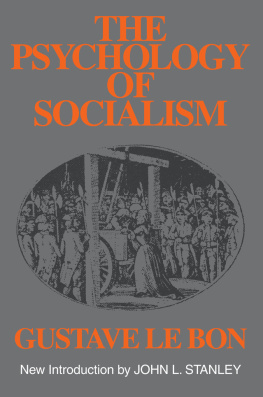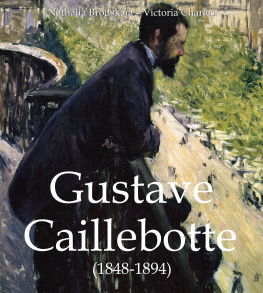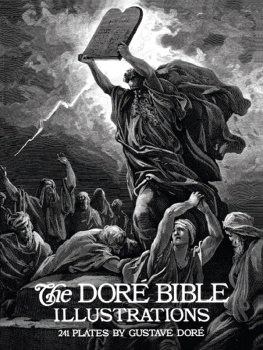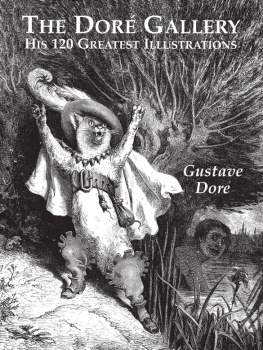Originally published in 1899 by The Macmillan Company.
Published 1982 by Transaction Publishers
Published 2017 by Routledge
2 Park Square, Milton Park, Abingdon, Oxon OX14 4RN
711 Third Avenue, New York, NY 10017, USA
Routledge is an imprint of the Taylor & Francis Group, an informa
New material this edition copyright 1982 by Taylor & Francis.
All rights reserved. No part of this book may be reprinted or reproduced or utilised in any form or by any electronic, mechanical, or other means, now known or hereafter invented, including photocopying and recording, or in any information storage or retrieval system, without permission in writing from the publishers.
Notice:
Product or corporate names may be trademarks or registered trademarks, and are used only for identification and explanation without intent to infringe.
Library of Congress Catalog Number: 81-1973
Library of Congress Cataloging-in-Publication Data
Le Bon, Gustave, 1841-1931.
The psychology of socialism
(Social science classics series)
Translation of Psychologie du socialisme.
Reprint. Originally published: New York: Macmillan, 1899.
Includes bibliographical references.
1. Socialism. I. Title. II. Series.
HX266.L5 1981 335'.0019 81-1973
ISBN 13: 978-0-87855-703-5 (pbk)
Introduction to the Transaction Edition
John L. Stanley
In many respects, the writings of Gustave Le Bon reflect the major political concerns and intellectual strategies of our times. The fundamental concern of the man who has been labeled the "father of social psychology" centers on the rise of what is popularly called "mass society." By this term is meant the dissolution in modernity of those traditions and habits that bind the individual to his community and the concurrent development of a highly volatile population devoid of the social roots, usages, and constraints that are essential to civilized man. It is in Le Bon's writings that we find a foreboding of the "era of crowds," of the epoch in which demagogues manipulate vast assemblies of fanatics imbued with jealousy, fear, and rage while introducing a force for vast social leveling, economic chaos, and wars inspired by ideological zealotry.
It is apparent from any perusal of his writing that Le Bon is hardly content merely to record the development of mass society, nor indeed does it appear that he is simply a detached scientist attempting to trace the causes of crowd behavior. On the contrary, it is obvious from the early chapters of The Psychology of Socialism that we are dealing with a highly committed writer who has set himself the task of showing that, for the immediate future, socialism is potentially the most dangerous of the modern ideologies. In Le Bon's view, it is socialismwith its religious frenzy, its jealousy of privilege, its pillaging of others' wealth, its flaunting of the natural laws of competitionthat constitutes the greatest immediate danger for modern European civilization.
On the other hand, there is a pervasive mood in Le Bon's work to the effect that because certain cultures of modern Europeespecially Latin cultureshave reached such an advanced stage of decline, modern socialism will only be encouraged. The very failure of traditional Mediterranean societies to adapt to the exigencies of modern industrial life has served to foster socialist ideas. Le Bon is convinced that the conservatism of the old norms is almost as damaging to society as the extremism of the new ideologies because intransigence and stagnation beget violence and fanaticism. In his various works on social questions, Le Bon is attempting to develop a formula that balances social cohesion with social progress. His purpose is to express the nature of the "social cement" essential to civilized existence, while at the same time avoiding the hideous consequences of mass society and encouraging individual freedom and creativity.
Le Bon gives the impression at times that he is willing to sacrifice community for the sake of freedom; indeed, he embraces the radical liberalism characteristic of the English and American social Darwinists. For this reason alone, The Psychology of Socialism is an invaluable document because it touches on some of the central questions of this radical liberal tradition that today we would call "libertarianism": How does one distinguish between natural laws of competition and those which man has wrought? At what point does an alliance of the strong become a defense force for the weak? Does the principle of individual liberty so utterly shatter the ancient ties binding men in their community that it renders a population more vulnerable to the mass ideologies that run counter to liberty? Finally, how compatible are the optimistic and progressive views contained in Le Bon's individualist liberalism with his pessimistic science of social psychology which views most men as being hostile to individualism?
I
Le Bon published The Psychology of Socialism in 1899, a period of crisis in France. The Third Republic, founded in the aftermath of the Franco-Prussian war and the Paris Commune, was a grand compromise among many political traditions including liberalism, radicalism, and, due to a series of bizarre accidents, royalism. The consensus of liberal philosophy that Le Bon admired in the Anglo-Saxon countries was absent from the French scene. Though the republic had survived successfully the Panama affair and the aborted Bonapartist coup of 1888 led by General Boulanger, the Dreyfus affair succeeded, as no previous event in the republic had done, in opening the sores of social divisivenessby recalling the recurrent political squabbles that had given France three republics, two empires, two monarchies, and three revolutions since 1789. When Le Bon was writing this book, the lines of political cleavage between those who supported Dreyfus (an army captain wrongly convicted of espionage) and those who opposed him had not yet been clearly drawn, but already the affair was a symbol. In June 1899, on the eve of publication of The Psychology of Socialism, the socialist Millerand, who orchestrated a coalition of pro-Dreyfus factions, was invited into the new government of Premier Waldeck-Rousseau. Millerand was the first socialist of any consequence to participate in a government of the Third Republic. Waldeck-Rousseau's government was the most leftist since the Paris Commune and Georges Sorel dubbed it "the Dreyfus Revolution."
For Le Bon, as for Sorel, the change constituted a worsening of the political climate in France. It was a victory for the Jacobin tradition, which Le Bon hated. In Le Bon's view, it was a further threat to the preeminence of the individual that had somehow become lost in the French democratic tradition; the Jacobin ideas of revolution, of which socialism was a variant, emphasized equality rather than liberty, sovereignty rather than pluralism. It was Alexis de Tocqueville, in his Democracy in America and more specifically in The Old Regime and the French Revolution, who had called Le Bon's attention to the notion that the Jacobin thirst for equality and its passionate defense of social leveling over other values would lead to the isolation of the individual, a fragmentation of society, the utter dissolution of initiative and the deliverance of society to a species of Caesarism. Tocqueville opposed the French equalitarian idea with a liberalism that placed social pluralism and liberty above equality. The Jacobin and the liberal ideas constitute, for Le Bon and for Tocqueville, two contrary tendencies in the history of democratic thought. In Tocqueville's words:












